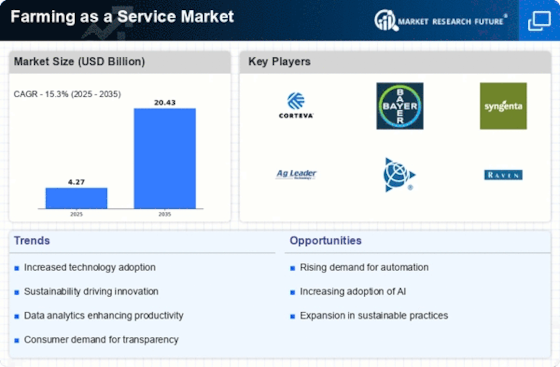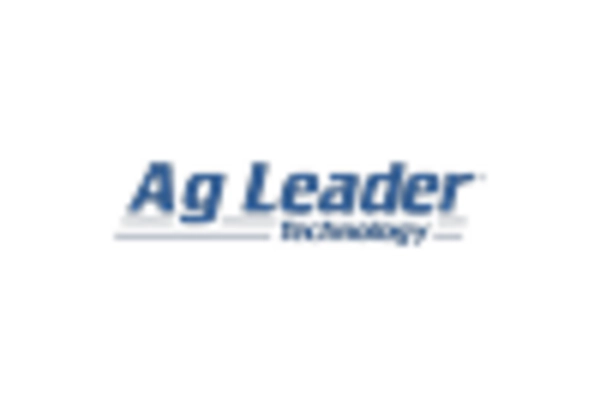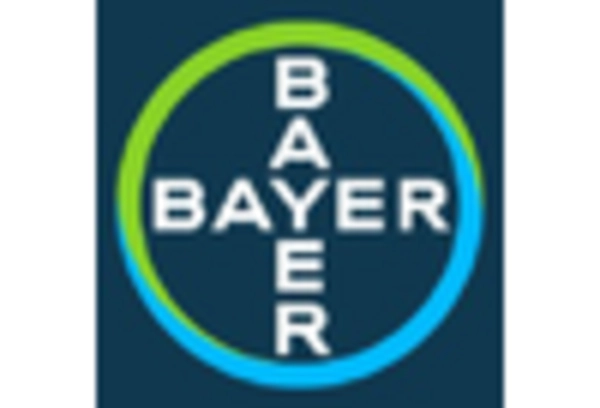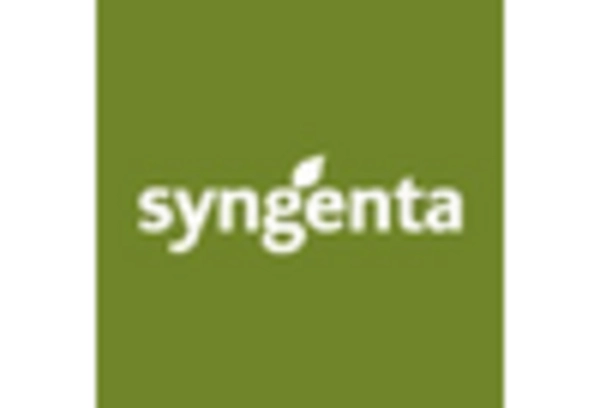Market Analysis
In-depth Analysis of Farming as a Service Market Industry Landscape
The Farming as a Service (FaaS) market is rapidly gaining traction, driven by several key market factors that address the evolving landscape of agriculture and the need for innovative, technology-driven solutions. One of the primary drivers of the FaaS market is the increasing demand for precision farming. In the light of the fact that as the agriculture sustains the pressure of satisfying the needs of the growing world population with limited resources, the use of precision farming technologies provided by FaaS providers becomes vital for their survival. Sustainability development and environmental stewardship are two more factors that are going to exert their influence on the FaaS market. Consumers, policy makers and farmers also become a chance to understand the significance of sustainable farming. The Faas providers have tools and services that create an opportunity for farmers to practice an environment-friendly farming and they include such farming practices as the precision irrigation and the targeted application of pesticides which in turn bring down the environmental impact that the traditional farming methods might have had.
Additionally, the FaaS has had a steady growth because of the increased farming operations and the need for specialised know-how to handle the complexity of the operations. Modern-day agriculture is a many-faceted concept which contains the multitude of tasks, from monitoring the crops to analyzing soils, beset by various specific knowledge and skills. FaaS vendors provides multifunctional technological services that respond to these difference considerations by offering breakthrough knowledge programs where farmers only access expert staff on-turn down as per the requirements.
The impact of the digital transformation on agriculture is a worthy factor to consider in the case of FaaS. The agricultural industry which is adopting digitization, has presented the need to have integrated platforms and donor tools that simplifies the farming activities. From collecting information to managing equipment, FaaS providers provide complete digital platforms that take advantage of the various aspects of farming.
Also, the worldwide approach centering on food security as well as optimal resource utilization are underlying features of market dynamism for FaaS. FaaS solutions reduce this problem by offering methods which help farmers to do so much more effective by increasing crop yields, reducing losses and improving operational efficiency. With FaaS increasingly playing a role in global food security, governments agencies and farmers as individuals cannot ignore this aspect if their desire is to see food security maintained.
Another major factor are self-driving farming technologies that also underline Automation-as-a-Service emerging sector. Using mechanized equipment and drone technology in agriculture has changed farming as usual, which is becoming replaced with automation. FaaS providers offer autonomous solutions that enable farmers to automate tasks such as planting, harvesting, and monitoring. The promise of increased productivity, reduced labor costs, and improved safety is driving the adoption of autonomous farming technologies, positioning FaaS as a key player in the future of agriculture.



















Leave a Comment